Mozambique: 100-year-old ruin still serves as a rural hospital in Chibuto - report
Implementation of megaprojects in Gaza reaches macabre and inhumane levels – DW
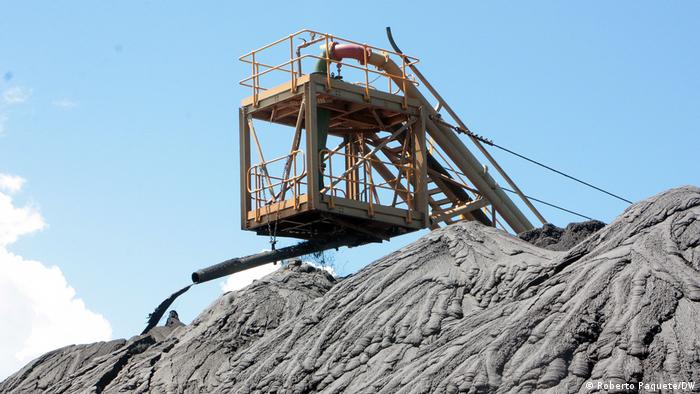
FILE - Illustrative photo. Exploitation of heavy sands in Nampula. [File photo: DW]
- The majority of the families affected are still awaiting resettlement and compensation, while the bodies of the dead are exhumed for the construction of an airport. “Bodies were cut up to fit into smaller coffins,” one evictee recalls.
Human rights violations resulting from the implementation of megaprojects in three districts of Gaza province – Chongoene, Chibuto and Massingir – follow a distinct pattern.
In the latter district, thousands of families living inside the Limpopo National Park are still awaiting resettlement, 20 years after the start of the environmental conservation project.
The few already resettled complain that their houses are full of cracks and at risk of collapsing at any moment.
Employment opportunities for local youth have become increasingly scarce as they themselves suffer the effects of human-wildlife conflict, and farmers are unable to secure compensation for the destruction of crops and attacks on their livestock by lions and other wild animals.
In Chibuto, where the government granted the Chinese company Deng Cheng rights to the exploitation of heavy sands, the scenario is identical. The concessionaire has built more than 300 homes for the 1,200 families to be resettled, but the process has ground to a halt because families do not agree with the amount of compensation to be paid.
The company meanwhile started exporting titanium in January.
Compensations still a mirage?
And in Chongoene, where the construction of an airport is due for completion in October, around 400 displaced persons have been awaiting compensation since 2018.
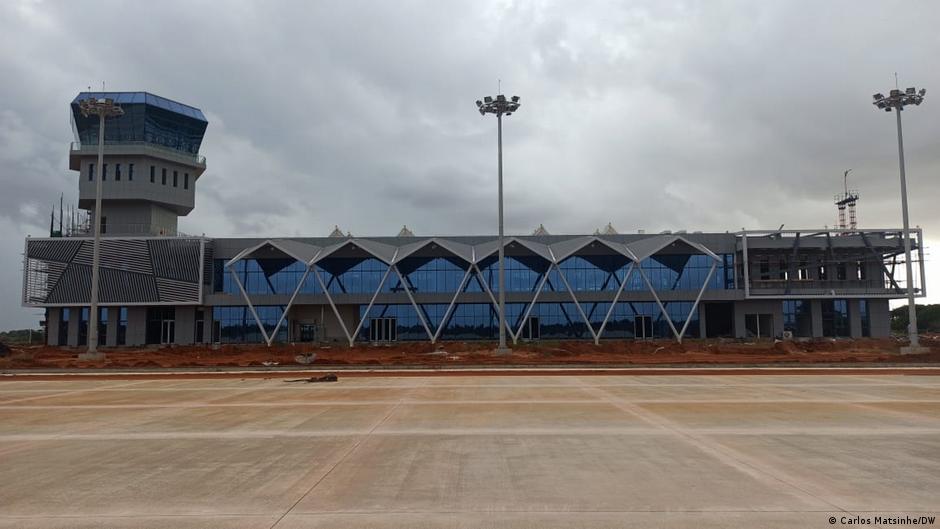
Penassi Mondlane, one of those affected, says that when they complain about the lack of payments, the answer comes back that the state does not have the money.
″When they took the land from us, they said that we would be compensated for the crops, for them being our source of survival. We didn’t refuse – they were talking about development. But now things are not going well, and the money promised has never arrived,” she complains.
“Only four resettled families and others with graves have received [compensation], but the process did not go well. The [exhumed] bodies were cut to fit into small coffins produced for the purpose,” she adds.
Bodies disinterred and amputated
The social and human rights activist in Gaza Carlos Mhula says the government rushes into granting concessions without looking at the social aspects.
Even in projects where the state is directly involved, gross violations of human rights are routinely verified. Mhula points to the case of the exhumation of bodies at the Chongoene airport site, a case which, he says, stands out as among the worst violations.
″The government failed. Instead of hiring a funeral home to organise the coffins, of any size for every possible situation, it hired a local carpenter. He produced coffins less than half a metre long, convinced that there would only be bones there, but in fact freshly buried bodies were found,” he says.
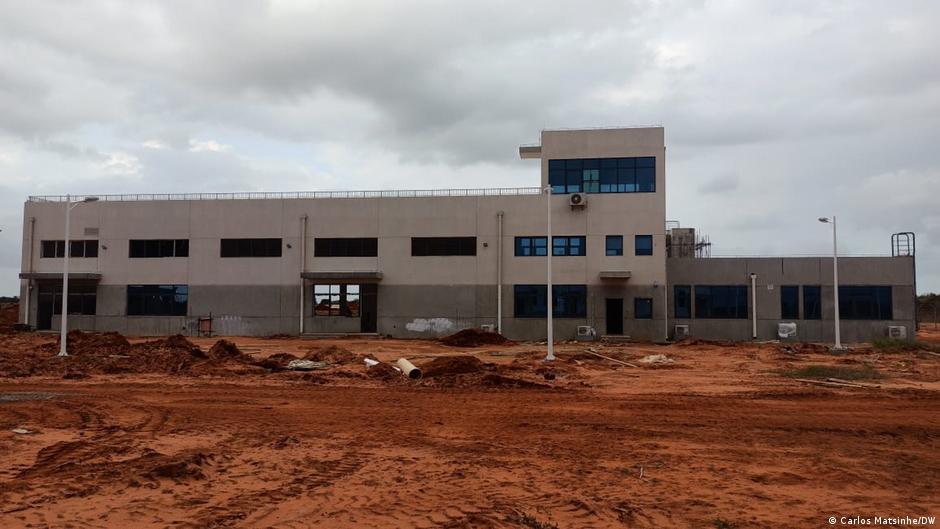
The solution was macabre, according to Mhula. “The result: they took axes and went around chopping up the bodies. Besides being a crime, it is a violation of the dead.”
The government is working…
Alberto Matusse, director of the Provincial Infrastructure Service, explains that – even within the constraints imposed by Covid-19 – he is working to compensate the families as agreed.
But the government is still mobilising the necessary eighteen million meticais (US$300,000), even as the works near completion.
“Execution [at Chongoene airport] is between 70% and 75%. Construction as such is completed. Finishing is being carried out, with conditions being created for river water drainage, and sealing is completely finished,” Matusse says.


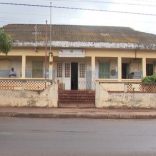
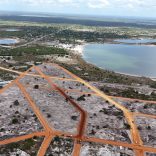








Leave a Reply
Be the First to Comment!
You must be logged in to post a comment.
You must be logged in to post a comment.